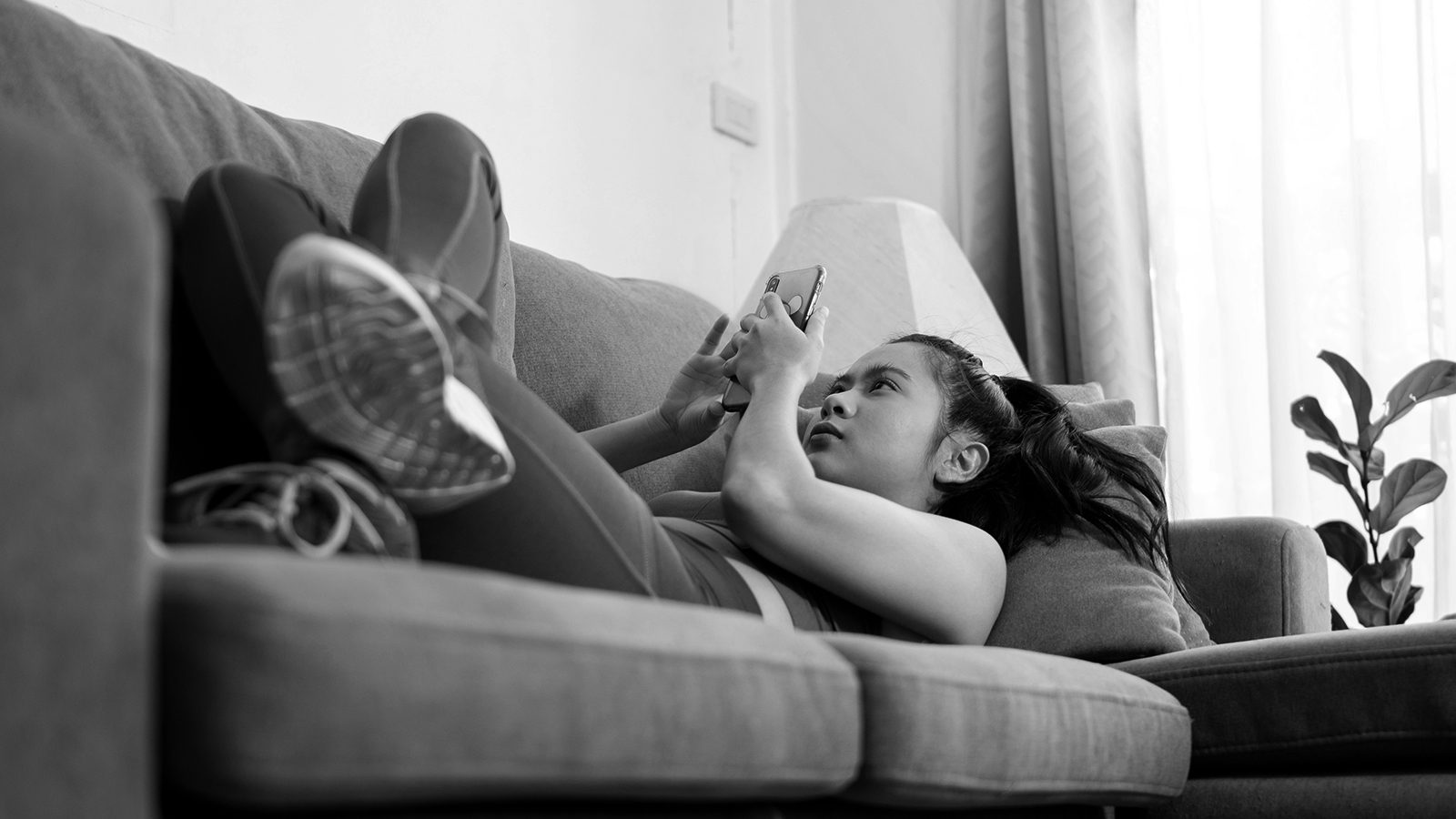Procrastination happens to all of us, but it can interfere with our success. Constantly putting things off doesn’t help your journey but can make the whole experience more stressful. Learning ways to stop procrastinating is essential if you want to get anything done promptly.
If you can stop procrastination, you’ll notice increased productivity. You’ll also experience less stress than before. It improves your mental health and makes your life better overall.
These ways to stop procrastination can make a difference in your life. You can overcome the urge to slack off while getting more done. You’ll have more time for fun when you get things done ahead of time.
The Difference Between Procrastination and Laziness
Many people think procrastination and laziness are the same, but that isn’t true. When you procrastinate, you work long and hard before your deadline. Being lazy would mean that you wouldn’t get it done at all.
Since being a procrastinator doesn’t indicate laziness, you can find ways to overcome it. Once you find the methods that work for you, you’ll have less stress getting your work done.
How to Stop Procrastination
Procrastination is a bad habit that stands in the way of your success. It can cause unnecessary stress and failing something you could have done well on. Learning to stop avoiding essential tasks can immensely improve your life and well-being.
1. Acknowledge the Procrastination
The first step to stopping procrastinating is recognizing that you are doing it. If you put things off indefinitely or avoid doing something, it’s time to admit the problem.
Some other signs that you might be procrastinating include:
- Filling your day with low-priority tasks
- Leaving things on your to-do list for an extended time
- Putting off dealing with emails
- Avoiding making decisions
- Starting essential duties and then immediately taking a break
- Waiting for the right time
2. Figure Out Why
Once you acknowledge that you’re putting things off, it’s time to figure out why. Determine the reason before tackling the problem so that you know what to work on. If you avoid something because it’s boring, make it a point to do it first and get to the enjoyable tasks. You might procrastinate because you’re unorganized, so that’ll be the issue that you address.
Another reason people avoid doing things is that they fear failure. If things don’t go well, they default to the excuse that they didn’t have time to do a better job. Procrastination can even stem from underlying health issues or stress. If you think that’s why you should seek help from a professional.
There are many reasons for putting things off, and it’s up to you to figure out your motivation. You can’t stop doing it if you don’t know the root of the problem.
3. Work on Developing New Habits to Replace Procrastination
Since procrastinating is a habit, you must develop new ingrained behavior patterns. You can’t break habits overnight, and being patient with yourself is best. Find positive actions to replace your old habits, and it’ll become easier soon enough.
4. Find an Accountability Partner
Sometimes it’s easier to stop putting things off with an accountability partner. Ask a friend to check-in or join a self-help group that can encourage you.
5. Minimize Distractions
Distractions make you put off your essential tasks, so minimize them. Think about your biggest distractions and plan to avoid them.
If email is a problem, log out during your most important tasks. When social media keeps you from getting things done, turn off your notifications for a while. You must control whatever distracts you if you want to stop procrastinating.
6. Forgive Yourself
You might guilt-trip yourself for procrastinating in the past, which can interfere with your life today. If you haven’t forgiven yourself, it can lead to further procrastination.
Research shows that forgiving yourself can make you feel good about your life. It also reduces the chance that you’ll continue to put things off now and in the future.
7. Instead of Procrastination, Do Things as They Come Up
One of the best ways to stop procrastinating is to do things as soon as they arise. Take care of a task as soon as it arises. This habit prevents stuff from building up and making you feel overwhelmed. Plus, it stops you from putting things off, and you’ll quickly realize how good it makes you feel.
8. Get the Unpleasant Tasks Done First
You know the tasks you dread each day, and you likely put them off for the end. However, you’re more likely to procrastinate when you only have dreadful things to look forward to at the end of the day. You don’t want to do that task, so you won’t be in a hurry to get to it.
Change this habit by doing the most unpleasant task first. Then, you have the most challenging part, giving you more to look forward to. You’ll feel relieved each time you accomplish the task early in the day.
Doing the most unpleasant task early in the day can be a form of active procrastination, delaying a job to focus on urgent things. Make the unpleasant tasks the urgent ones on your list, purposely putting off the more enjoyable things. Not only will you get it over with, but you’ll also feel motivated to get things done.

9. Reference a To-Do List
If you put things off because you’re unorganized, it’s time to make a change. Keeping a to-do list can help you prioritize and focus on what needs done. It’ll stop you from forgetting about or ignoring the task.
When you make a to-do list, place the most important tasks at the top of your list. Prioritize everything, and don’t start on the lower tasks until you’ve finished the other ones.
10. Commit to What You are Working On
Whatever task you’re working on, commit to it and focus on getting it done. Specify a time for accomplishing the essential activities, helping you work proactively.
If you can’t seem to get started, commit to a small task. Whatever task you choose, please write it down and get started. Once you finish, you’ll feel motivated to move on to the next item on your list.
Committing to the task and seeing it through gives you confidence and reminds you that you can get things done. Force yourself to finish the job no matter what happens. You’ll begin to trust yourself more, breaking your habit of putting things off.
11. Think About Your Procrastination and Set Long-Term Goals
When nothing else seems to work, think long-term. You’re less likely to put things off when considering the long-term benefits of getting it done. Think about the consequences of not accomplishing the task, too.
Having your long-term goals in mind will keep you motivated. It promotes positivity, productivity, and happiness. Remember that the most important thing is learning and achieving, not simply rushing to get things done.
12. Schedule and Plan
When you plan your time effectively, you can get more done and reduce stress. Schedule specific dates to complete tasks, and continually track your goal. It’ll motivate you to reach those milestones, helping build confidence and accomplish things.
Each night, spend time planning for the next day. By planning, you avoid figuring it out at the start of your workday. Schedule everything you need to accomplish so you know what you must do.
You can choose one big thing that you must do, and then make sure to include your daily habits. If you exercise every day, add it to your plan. Then, plan whatever else you’d like to accomplish.
Planning in this order ensures getting the most important things done first. You also give yourself time for daily habits, ensuring you don’t forgo your to-do list to exercise or read a book. You always know what you must do when you schedule and plan everything.
13. Reward Yourself
Reward yourself when you accomplish a difficult task or one you dislike. Make the reward something you love, like a piece of chocolate or a latte. It doesn’t have to be big, but it does have to motivate you.
14. Rephrase Your Thoughts
Negative self-talk won’t help you get things done. Instead, it’ll hold you back and cause you to put things off. Switch your thought from negativity to positivity, and you’ll notice a difference. It might help if you use positive affirmations each morning.
Stop using phrases that begin with “need to.” These phrases cause a lack of motivation because it makes you feel like you have no control over your situation. Instead, say “I want to” or “I choose to.”
15. Break Your Tasks Down to Avoid Procrastination
When you think of a large project, it might feel overwhelming. If that’s the case, you’re more likely to put it off. Instead of focusing only on the desired result, you must focus on what you can do now.
Break your goal down into manageable tasks, and put them on your to-do list as smaller milestones. Make the first task or two easy ones, gaining momentum by crossing things off your list. Accomplishing these small milestones will make you feel better about tackling the larger ones.
Final Thoughts on How to Stop Procrastination
Procrastination can hinder your progress in life, interfering with your goals and happiness. Delaying essential tasks might be easy at the moment, but it causes problems later on. Overcoming procrastination is necessary for your success and well-being.
Procrastinators may act like they’re okay with the lifestyle, but you know it’s stressful. These tips can help you stop putting things off. When you stop, you will surely notice an improvement in all areas of your life.




















